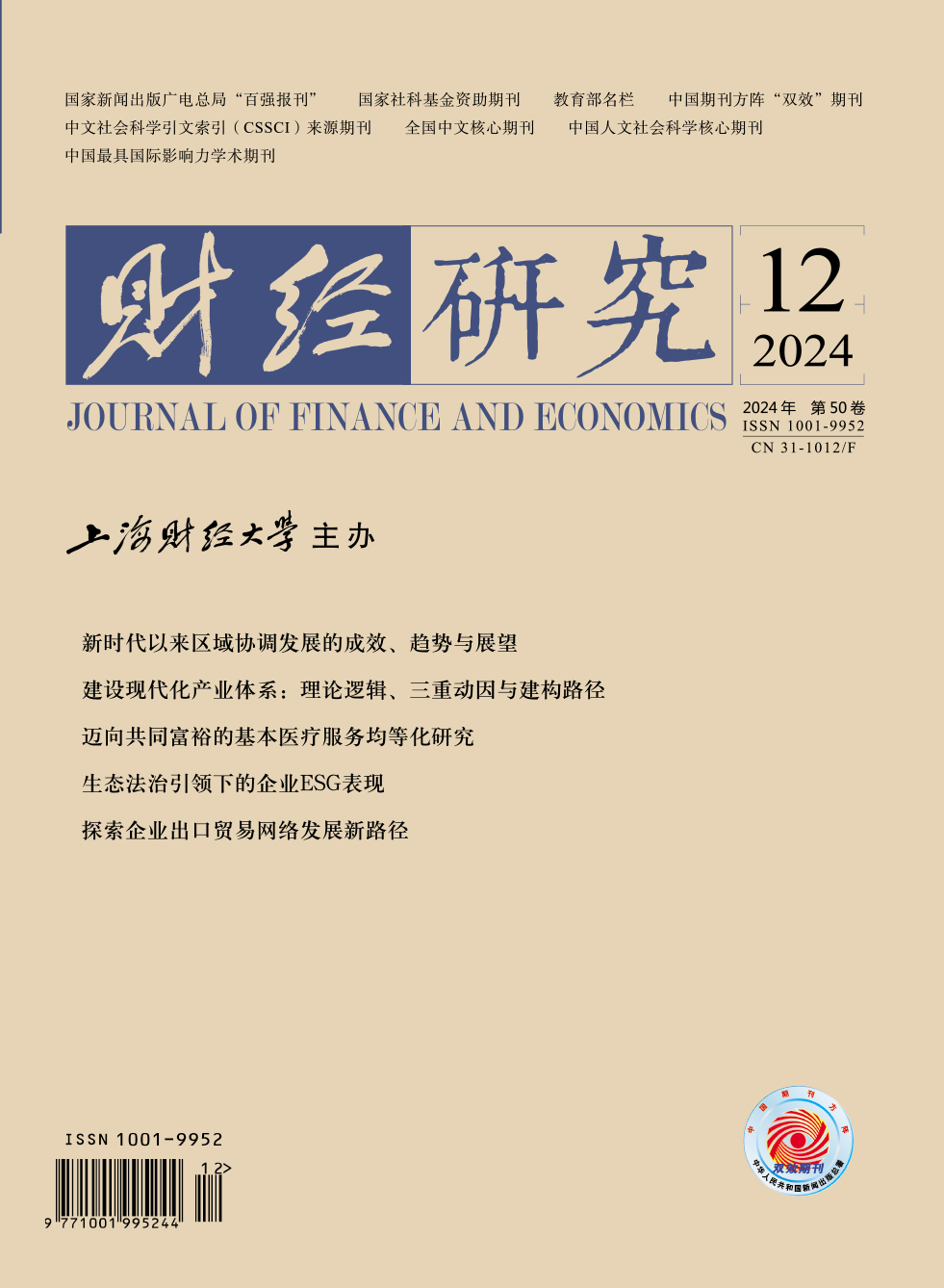Green development is particularly emphasized in the new development stage in China. Environmental rule of law plays a unique leading role in driving firms to actively engage in “Environment, Social and Governance” (ESG). ESG is a long-term value-oriented strategy focusing on sustainability while pursuing financial returns.
Based on the quasi-natural experiment of establishing Environmental Courts of Intermediate People’s Court in China, this paper employs the data of China’s listed companies from 2009 to 2020 to investigate the impact of environmental rule of law on corporate ESG performance by employing the staggered DID estimation. The results show that firms significantly improve their ESG performance after the establishment of environmental courts in their headquarters cities. Mechanism testing shows that the establishment of environmental courts stimulates firms’ ESG engagement by deterring pollutive activities and pushing sustainability-related risk management, and enhancing synergies between sustainable performance and financial performance. Further analysis shows that the guiding role of environmental rule of law on corporate ESG performance is more pronounced under higher public awareness of green development, enhanced regional law enforcement, weaker corporate governance, and higher financial constraints. In addition, the establishment of environmental courts prompts firms to disclose more ESG-related information, and also leads to a comprehensive improvement in environmental (E) and governance (G) performance. The results remain valid after addressing the endogeneity concerns and conducting a series of robustness tests.
This paper highlights the indispensable role of regional environmental judicial capacity in facilitating economic sustainable development from the perspective of ESG, and provides useful insights to guide firms from passive response to environmental regulation to active engagement in sustainable development.





 3944
3944  5250
5250

